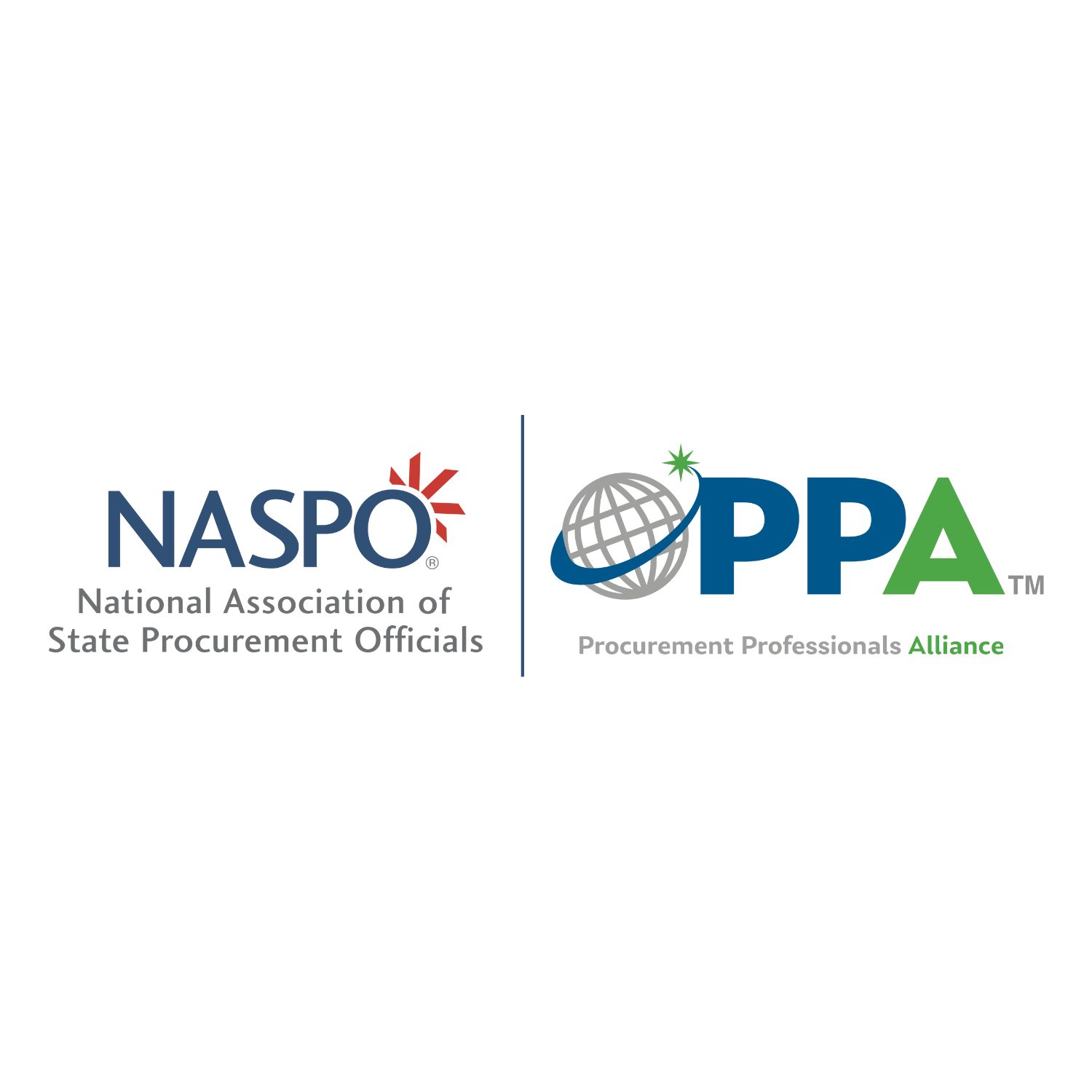Concurrent Sessions I | April 14 | 10:10 AM – 11:00 AM ET
CS 1A | CS 1B | CS 1C | CS 1D | CS 1E (ACUPA)
< Back to Schedule
CS 1A: Best Practices: Turning a Loss Leader Into a Self-Sustaining Business Model
Description
Learn how UGA Dining Services transformed low-traffic areas on campus into profitable, self-service micromarkets. By introducing cashless, unmanned micro markets in "food deserts," they reduced labor costs and provided 24/7 access to fresh, high-quality food. This innovative approach converted previously unprofitable locations into sustainable assets, supporting campus-wide food access. Join this session to discover practical strategies for turning "loss leaders" into valuable, self-sustaining parts of your business model.
Learning Objectives
- Understand how self-service micro markets can be used to strategically increase food access in low-demand campus areas
- Identify cost-saving strategies through technology and cashless systems
- Examine the benefits of converting loss leaders into profitable services and lessons learned in establishing self-service micro markets in various areas of campus.
Speakers
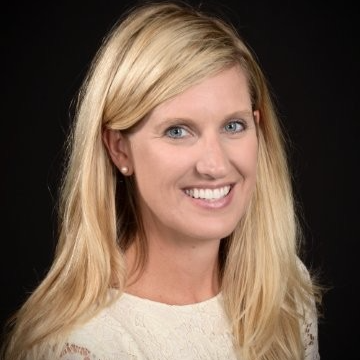 Brett Jackson, Associate Vice President for Auxiliary Services, University of Georgia Auxiliary Services Brett Jackson, Associate Vice President for Auxiliary Services, University of Georgia Auxiliary Services
After completing her accounting degree and a masters in business administration at Georgia College, Brett began her career in public accounting before completing the requirements for her CPA and ultimately choosing a career at UGA. She joined the University of Georgia in 2005 as an Accountant with Parking Services, but swiftly moved on to serve the department as a Business Manager and Interim Manager before eventually moving into a role as the Assistant Director for Auxiliary Services in 2008. While serving as the Assistant Director for Auxiliary Services, Brett also took on the role of Controller for the Stadion Classic at UGA hosted at the UGA Golf Course from 2010 to 2013. Following this dual role, Brett stepped into another dual role in 2013, where she continued acting as the Assistant Director of Auxiliary Services and added the role of Assistant to the Vice President for Finance & Administration. Following the retirement of the Auxiliary Services Director, Brett expanded her Auxiliary role from Assistant Director to the Director of Auxiliary Services.
In November 2019, Brett's roles transitioned to Assistant Vice President for Finance & Administration and CFO for the UGA Foundation. Today, Brett acts as the Associate Vice President for Auxiliary Services. In her role as Associate Vice President for Auxiliary Services, she provides leadership for the UGA Bookstore, Dining Services, Transportation & Parking Services, the University Golf Course, and Vending Services. Throughout her career, Brett has been involved with several University-wide initiatives as well. She served on the Facilities Task Force, co-chaired the FLSA Steering Group, and chaired the Presidential Task Force for Staff Professional Development. Brett is also a Certified Auxiliary Services Professional (CASP) and has served as the National Association of College Auxiliary Services (NACAS) “ South Region Vice President, President Elect, President, and now holds the enduring title of NACAS South Past President. In fall 2021 she began serving NACAS National as the Vice President, and is currently Past President. She has been married for over 20 years and has three children. She and her family are active members of Athens First United Methodist Church.
 Bryan Varin, Senior Director for Auxiliary Support Services, University of Georgia Auxiliary Services Bryan Varin, Senior Director for Auxiliary Support Services, University of Georgia Auxiliary Services
Bryan Varin serves as the Senior Director for Auxiliary Support Services at the University of Georgia, a role he has held since May 2023. In this capacity, Bryan provides leadership and oversight for the Auxiliary Services Support Units, including Information Technology, Marketing & Communications, and Contract Management. His responsibilities include collaborating with management and team members across Auxiliary Services to assess operational needs, recommend best practices, and implement process improvements. Bryan also leads ongoing business process enhancements to ensure the effective day-to-day operations of the support units.
With over 20 years of experience at the University of Georgia, Bryan previously held the position of Executive Director of Dining Services, during which he served in various roles such as Associate Director of Residential Dining, Dining Commons Manager, and Chef. Prior to joining UGA, he worked as a Chef Manager at the University of Washington in Seattle and gained experience in contract foodservice and fine dining.
Bryan holds an associate degree in culinary arts from the New England Culinary Institute and a bachelor’s degree from the University of Montevallo.
^ Back to top of page
< Back to Schedule
CS 1B: Change with Analytics Playbook
Description
Released in August 2024, the Change With Analytics Playbook contains “plays” that colleges and universities can put into action to build capacity for using data and analytics for decision-making. This session will provide an overview of the five data roles and 16 action-focused plays included in the playbook. The presentation will focus on roles and actions of business and finance professionals while acknowledging the critical importance of collaborating across the institution to ensure data practices and use support institutional goals and priorities. Attendees will walk away with actionable steps for their institutions.
Learning Objectives
- Include diverse constituents in analytics initiatives.
- Develop an institution-wide analytics strategy, including investments in capacity development.
- Assess strengths and weaknesses of current data policies and practices.
Speakers
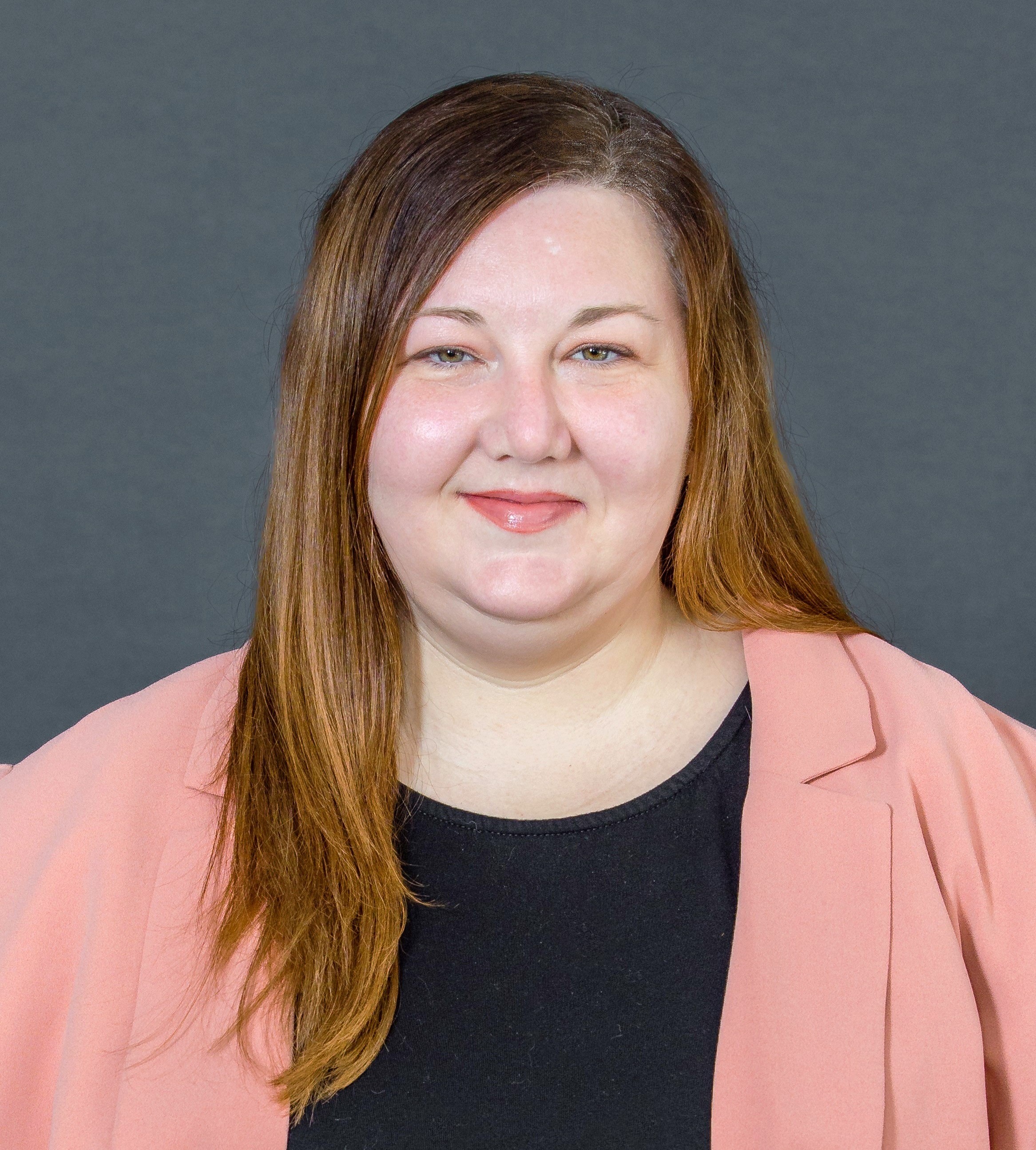 Lindsay Wayt, Senior Director, Analytics, NACUBO Lindsay Wayt, Senior Director, Analytics, NACUBO
Lindsay K. Wayt, Ph.D., is senior director of analytics at the NACUBO. She works on initiatives and programming that support NACUBO’s efforts to help colleges and universities integrate the use of analytics to achieve institutional goals. This includes collaborating with NACUBO members and key stakeholders from other organizations to propel the use of data-informed decision-making in higher education. She has experience conducting higher education research, studying topics such as the use of data and analytics in higher education, tuition discounting, and higher education leadership. Lindsay completed her doctoral work focused on educational leadership and higher education.

Jeremy DiGorio, Vice President and Chief Financial Officer, Stetson University
Jeremy is a seasoned professional with over 15 years of dedicated service in Higher Education, boasting a wealth of expertise spanning various domains such as business, finance, and student affairs. He earned a Bachelor of Arts in Mathematics and Secondary Education from Clemson University, followed by a master's degree in Higher Education Administration at the University of Connecticut.Throughout his career, Jeremy has made significant contributions to Rollins College, the University of Connecticut, and currently, Stetson University. With a commitment to fostering diversity and inclusion in leadership roles, Jeremy has been a prominent advocate within NACUBO (National Association of College and University Business Officers), serving on the Advisory Group for Leadership Diversity. His efforts have been focused on creating accessible pathways for underrepresented individuals to ascend to the respected position of Chief Business Officer.
Currently, Jeremy holds the position of 3rd Vice President for SACUBO (Southern Association of College and University Business Officers), where he actively contributes to the organization's mission of professional development and excellence in higher education administration. His involvement in SACUBO's Professional Development committee underscores his dedication to nurturing the growth and advancement of professionals within the field. This aligns seamlessly with his overarching goal of empowering individuals to uncover their distinct talents and guiding them towards effectively leveraging these abilities for positive impact. In his previous role as Business Partner Relations Coordinator, Jeremy demonstrated remarkable skill in securing increased financial sponsorship for the southern region, thereby enhancing the resources available for educational initiatives and institutional growth. Jeremy's commitment to excellence, coupled with his passion for advancing diversity and professional development within Higher Education, continues to make him a valued leader in the field.
Jeremy's dedication to excellence extends beyond his professional roles, as evidenced by his recognition as one of Winter Park Magazine's "People to Watch" in December 2021. He actively serves as an Ambassador for the city of Winter Park, welcoming new businesses and organizations to the community, and remains engaged in the Winter Park Chamber of Commerce. Moreover, Jeremy's commitment to LGBTQ+ advocacy is commendable, as demonstrated by his election to the Clemson LGBTQ+ Alumni Council Board in May 2020. He has worked with LGBTQ+ students, faculty, and staff at multiple institutions, serving as Co-Chair of PRISM, a faculty and staff advisory group at Rollins, and providing guidance as an advisor to Spectrum, an LGBTQ+ student organization at Rollins.
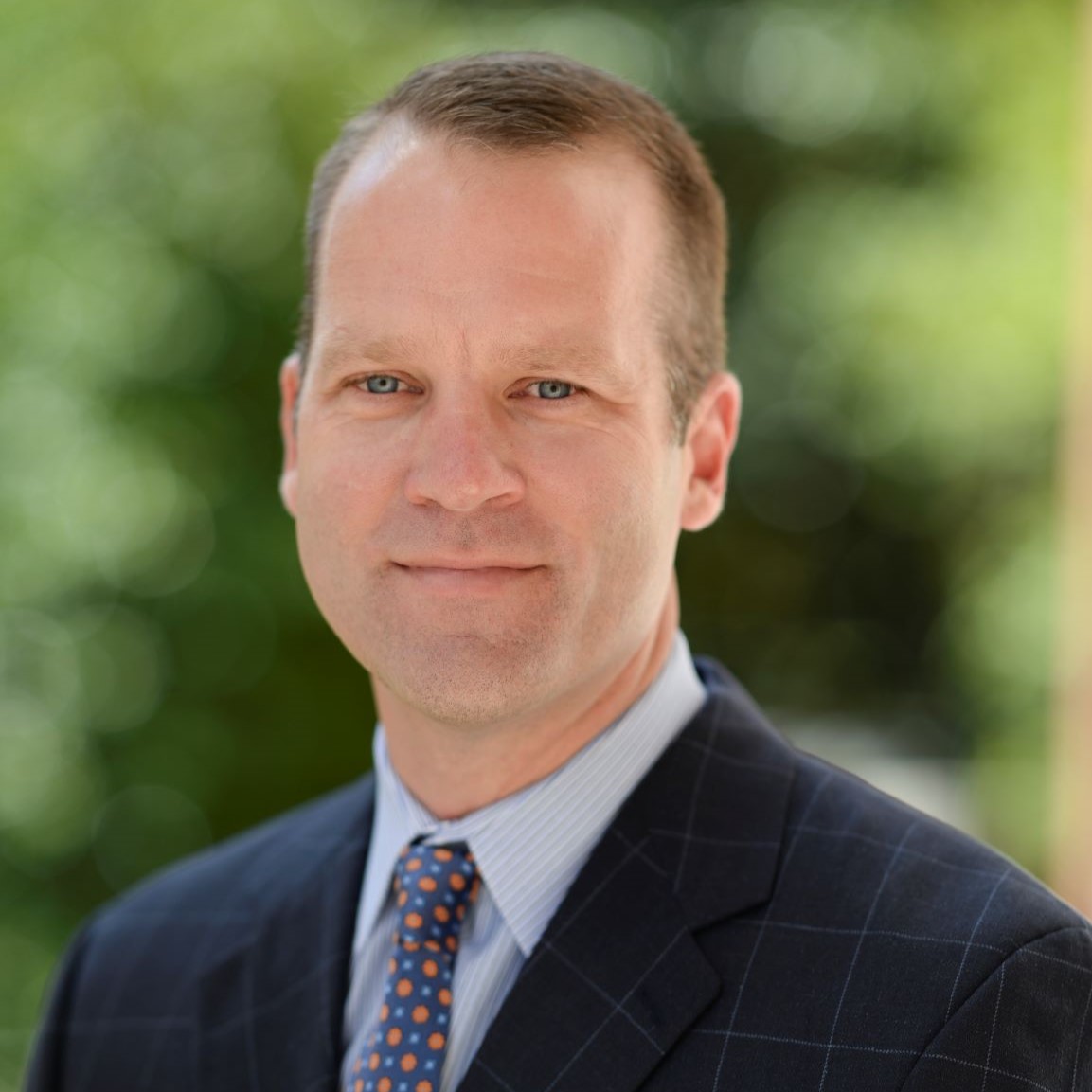 Brad Reeder, AVP for Financial Services, Berry College Brad Reeder, AVP for Financial Services, Berry College
Brad Reeder serves as the assistant vice president for financial services for Berry College. He provides oversight for the College’s budget, accounts payable, student financial services, purchasing, food services, agriculture operations, mail services and serves as an adjunct instructor in the business school. Prior to his position at Berry, Brad began his career in public accounting for a dozen years, the last three of which were running his own CPA firm. Brad received a B.B.A in accounting from Lincoln Memorial University and an M.B.A from Berry College. He is still a licensed certified public accountant.
Brad serves on various non-profit boards in the northwest Georgia area, including serving the leadership team at his church. He and his wife live on the campus of Berry, known as one of the most beautiful campuses in the world and the largest contiguous campus, encompassing approximately 27,000 acres. Grateful to be serving the Berry community over the past thirteen years, he enjoys being part of the residential campus atmosphere. When he’s not in the office or classroom, you’ll find him running, playing golf, pickleball, racquetball, or intramurals and eating in the dining hall with students and other campus community members. They have two college age children.
< Back to Schedule
CS 1C: Unlocking Leadership Potential with AI: Amplify Strengths, Address Gaps, and Grow
Description
You know where you are a great leader, and AI can amplify those areas. You know where you are a weaker leader, and AI can help mitigate those risks. You know where you need development, and AI can accelerate that learning. Or, maybe you're not sure, and would like to explore ”AI can help there too. Using AI as a leader is a new reality, but it doesn't mean replacing your capabilities or abandoning best practices. Instead, it means learning to integrate AI skillfully into your role to support growth and free up energy for the things you value most. With tools like ChatGPT and Copilot, leaders can drive creativity, brainstorm solutions, problem-solve complex issues, reflect on personal growth, role-play challenging conversations, and apply best practices to their unique situations ”all seamlessly integrated into daily workflows. In this session, we'll explore proven, real-world applications of AI in leadership, using tools that are readily available, with a focus on driving practical and immediate impact.
Learning Objectives
- Understand how AI can support your leadership strengths, mitigate weaknesses, and accelerate personal development.
- Use AI tools, such as ChatGPT or Copilot, to drive reflection, creativity, and problem-solving within your leadership role.
- Identify simple, actionable ways to integrate AI into daily leadership practices to maximize impact and focus on high-value activities.
Speakers
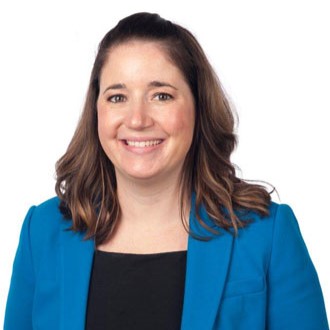 Katie Crawford, Executive Director of Enterprise Applications and Data, Georgia Institute of Technology Katie Crawford, Executive Director of Enterprise Applications and Data, Georgia Institute of Technology
As the Executive Director of Enterprise Applications & Data Management at Georgia Tech, Katie oversees critical systems, including Workday Finance, Banner Student, Peoplesoft HCM, and Salesforce CRM. She also leads the institute's enterprise data management initiatives and drives advancements in AI and emerging technologies. An AI user and advocate, Katie actively supports other leaders in finding practical, impactful ways to integrate AI into their roles. Central to her work is the development and execution of Georgia Tech's AI strategy, where she leverages AI to enhance data-driven decision-making and streamline institutional processes.
 Brent O'Guin, Technology Strategist and Architect, Georgia Institute of Technology Brent O'Guin, Technology Strategist and Architect, Georgia Institute of Technology
Brent O'Guin is a Technology Strategist and Architect at Georgia Tech, where he specializes in amplifying human intelligence and expertise with artificial intelligence. Holding a B.S. in Industrial and Systems Engineering from Georgia Tech and an MBA from Drexel University, his expertise spans technology implementation, data analytics, and continuous improvement. Brent has played a pivotal role in envisioning transformative AI-augmented solutions across various business and technology functions. At the core of his work is the philosophy that AI should augment, not replace, human capabilities, a principle he brings to life through practical applications and innovative solutions in his field.
^ Back to top of page
< Back to Schedule
CS 1D: When One Secedes, We Still Succeed!
Description
We have all found ourselves in a situation where institutional knowledge is lost after a team member leaves a department. This presentation presents a case of departmental finance and administration team who continually planned and cross trained to prevent brain drain, alleviate stress and maintain the caliber of work outputs to meet expectations of their stakeholders. Two business professionals will present their experience with succession planning and how to plan and train through operating procedures.
Learning Objectives
- The learner will explore methods to find talent within the team.
- The learner will discover methods to develop a standard operating procedure.
- The learner will examine techniques used to balance workload shifts and adapt to managing staff from a different seat in the organization.
Speakers
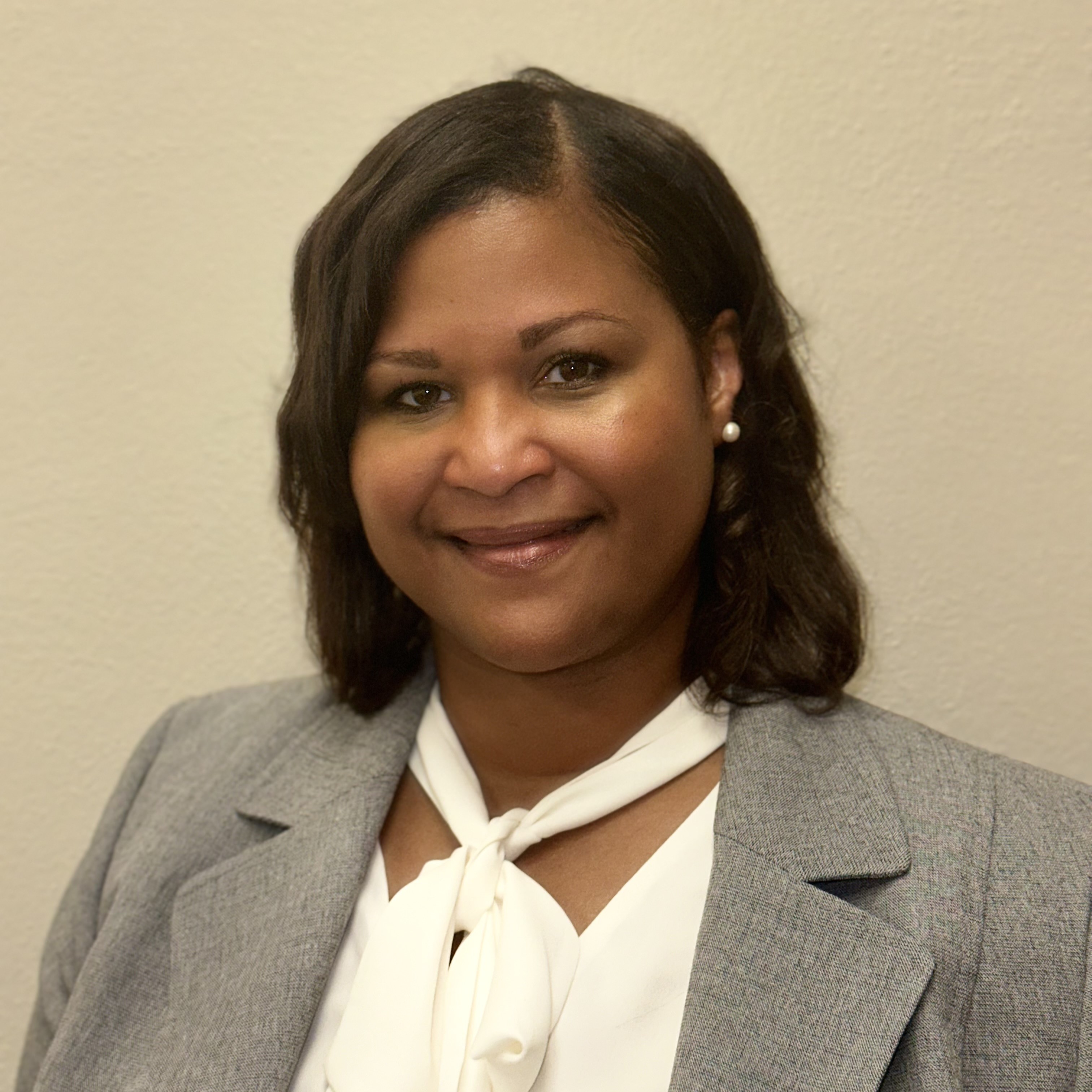 Brandi B Roberts, Associate Vice President of Finance and Administration and Chief of Staff, Louisiana State University Brandi B Roberts, Associate Vice President of Finance and Administration and Chief of Staff, Louisiana State University
Brandi Roberts is a Certified Public Accountant with over 20 years' experience in higher education. She serves as Associate Vice President of Finance and Administration and Chief of Staff to the Executive Vice President and Chief Administrative Officer at Louisiana State University (LSU). She received her Bachelor's and Master's degrees in Accounting from LSU before working as a Tax Specialist for KPMG. She later taught accounting at Southeastern Louisiana University before starting her career in Auxiliary Services at LSU.Brandi has a passion for increasing access to higher education and earned a PhD in Higher Education Administration. Her dissertation, "Examining the Effectiveness of a Minority Bridge Program on the Academic Success of African American Undergraduates at Predominantly White Institutions: A Mixed Methods Approach, focused on her interests of access to and retention of African American students in higher education.
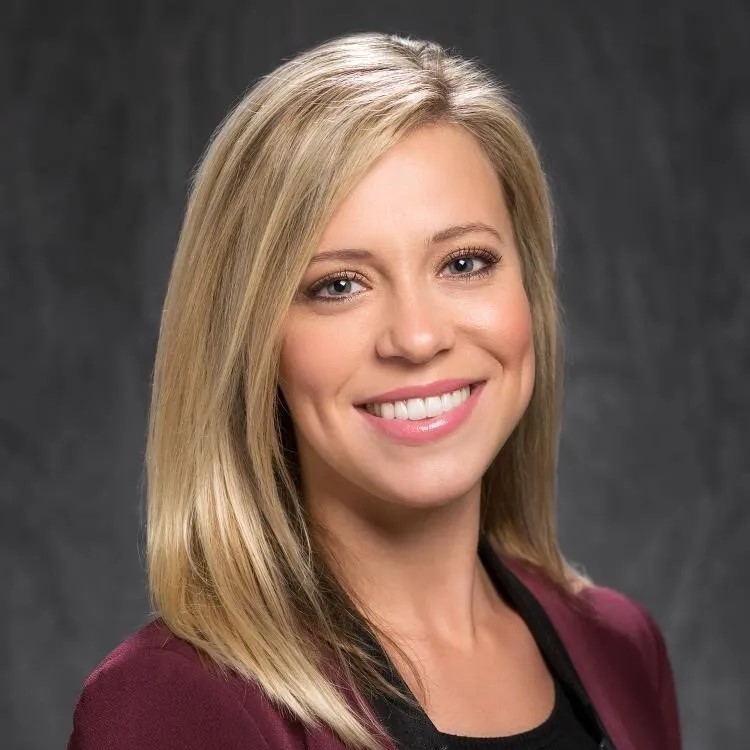 Chloe David Lamy, Director of Finance and Administration, Auxiliary Services, Louisiana State University Chloe David Lamy, Director of Finance and Administration, Auxiliary Services, Louisiana State University
Chloe David Lamy holds her undergraduate and master's degree from Louisiana State University. She has been a part of the Auxiliary Services team for ten years now. Chloe began her career in 2014 as a Procurement Manager for the department and worked her way into her current position of Director of Finance and Administration in October 2022 overseeing the Auxiliary Services HR, Finance, ID office, contract and procurement functions, project management as well as a staff of 6 employees. Throughout her employment at LSU, she obtained her master degree in Public Administration in 2016.
^ Back to top of page
< Back to Schedule
CS 1E (ACUPA): Built to Last: Grounding Policy Work in the Foundation of Compliance
Description
The Department of Justice recently updated their criteria for the Evaluation of Corporate Compliance Programs (ECCP) in September 2024. This session will demonstrate how the ECCP can be leveraged to design university- and unit- level policy programs, as well as individual policies and their implementation. Join a policy program designer and a compliance expert as they share how the ECCP acts as the blueprint and often times the driver to expand policy practices across the institution in support of the larger compliance mission. The session is designed for policy owners, policy administrators, and compliance professionals seeking to build policy practices that weather institutional changes, regulatory updates, and political interest. Building an institution's policy operations on a strong foundation is key to ensuring scalable growth that lasts.
Learning Objectives
- Understanding of where policies and policy management fit in an institution's larger compliance function.
- Awareness and general understanding of the Department of Justice's criteria for the Evaluation of Corporate Compliance Programs.
- Learn ways to root policies and program in the federal evaluation criteria within your locus of control including monitoring, training and enforcement of policies, and where to seek support outside of your role.
Speakers
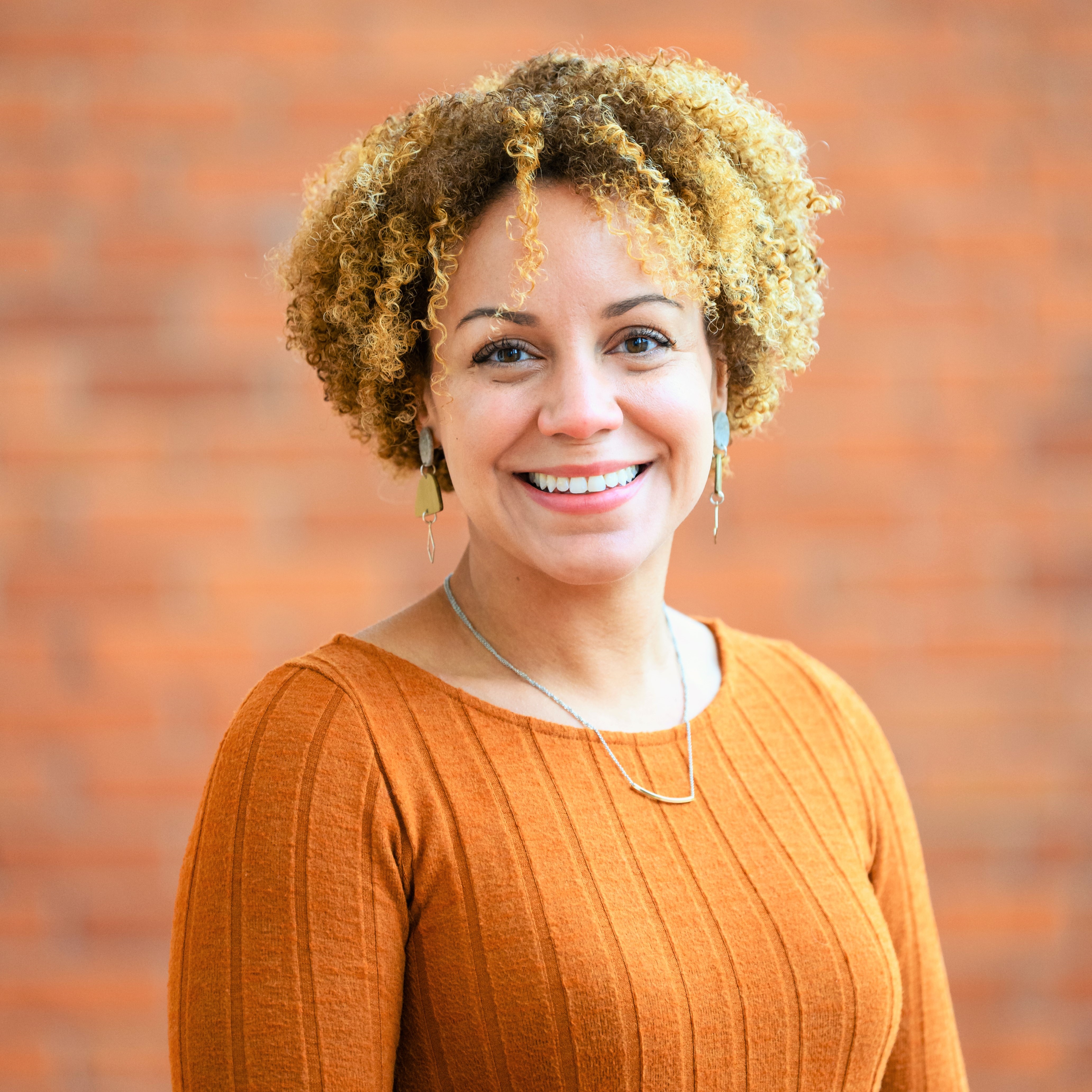 Monique Everroad, Director of Policy Initiatives, Clemson University Monique Everroad, Director of Policy Initiatives, Clemson University
Monique Everroad serves as the inaugural director of policy initiatives in the Office of University Compliance and Ethics at Clemson University, where she designs and implements an enterprise-wide program to develop, maintain, and evaluate university policies. For Monique, an institution of higher education is the "coolest" place to work. With nearly a decade in the field, she has been repeatedly challenged to build programs and execute initiatives from the ground up. She leverages her experiences to foster authentic relationships across the University and develop and reach clear and collaborative goals for programmatic success. Monique earned a bachelor's degree in English and a master's degree in English with an emphasis in rhetoric. She has past experiences working and volunteering for committees and boards for various community organizations, and currently serves on the board of directors for the Association of College and University Policy Administrators. Monique finds joy in nature and music and is drawn to activities that allow her to be outdoors, especially with her two dogs.
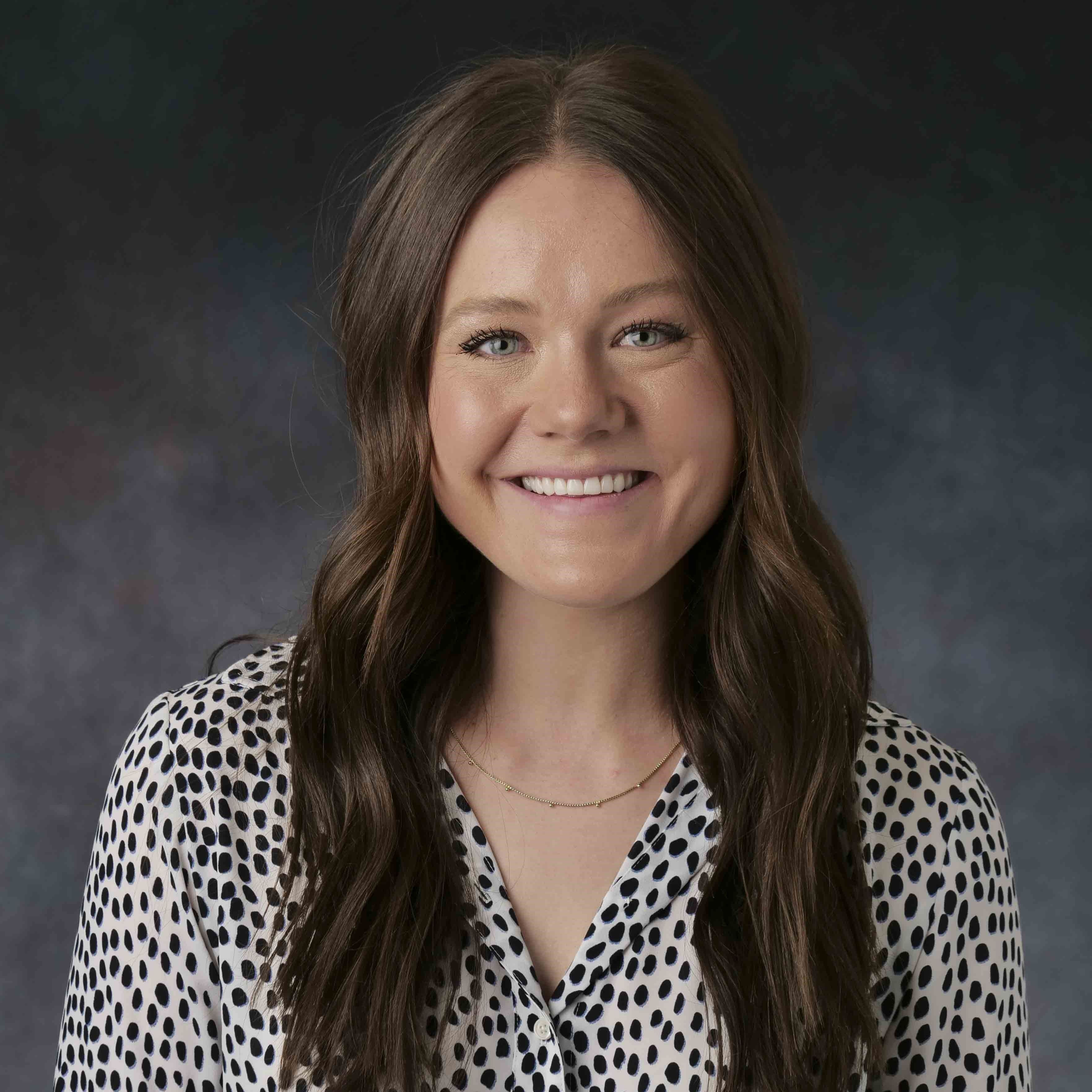 Catherine Oja, Director of Compliance, Ethics and Policy, University of Colorado Boulder Catherine Oja, Director of Compliance, Ethics and Policy, University of Colorado Boulder
Catherine Oja is the Director of Compliance, Ethics and Policy at the University of Colorado Boulder. She is responsible for overseeing, coordinating, monitoring, and assessing the efforts of integrity, ethics, policy and compliance programs on the Boulder campus. In this role, she also has direct oversight responsibilities for Youth Protection Compliance and Clery Compliance. Catherine began her career at CU Boulder in 2014 and later she received her Master’s in Studies of Law (MSL) in Compliance and Ethics from the University of Colorado Law School. In her free time Catherine enjoys all that Colorado has to offer, but mostly, hiking, skiing, reading, and solving puzzles.
^ Back to top of page
|

 Brett Jackson, Associate Vice President for Auxiliary Services, University of Georgia Auxiliary Services
Brett Jackson, Associate Vice President for Auxiliary Services, University of Georgia Auxiliary Services Bryan Varin, Senior Director for Auxiliary Support Services, University of Georgia Auxiliary Services
Bryan Varin, Senior Director for Auxiliary Support Services, University of Georgia Auxiliary Services Lindsay Wayt, Senior Director, Analytics, NACUBO
Lindsay Wayt, Senior Director, Analytics, NACUBO 
 Brad Reeder, AVP for Financial Services, Berry College
Brad Reeder, AVP for Financial Services, Berry College Katie Crawford, Executive Director of Enterprise Applications and Data, Georgia Institute of Technology
Katie Crawford, Executive Director of Enterprise Applications and Data, Georgia Institute of Technology Brent O'Guin, Technology Strategist and Architect, Georgia Institute of Technology
Brent O'Guin, Technology Strategist and Architect, Georgia Institute of Technology Brandi B Roberts, Associate Vice President of Finance and Administration and Chief of Staff, Louisiana State University
Brandi B Roberts, Associate Vice President of Finance and Administration and Chief of Staff, Louisiana State University Chloe David Lamy, Director of Finance and Administration, Auxiliary Services, Louisiana State University
Chloe David Lamy, Director of Finance and Administration, Auxiliary Services, Louisiana State University Monique Everroad, Director of Policy Initiatives, Clemson University
Monique Everroad, Director of Policy Initiatives, Clemson University Catherine Oja, Director of Compliance, Ethics and Policy, University of Colorado Boulder
Catherine Oja, Director of Compliance, Ethics and Policy, University of Colorado Boulder